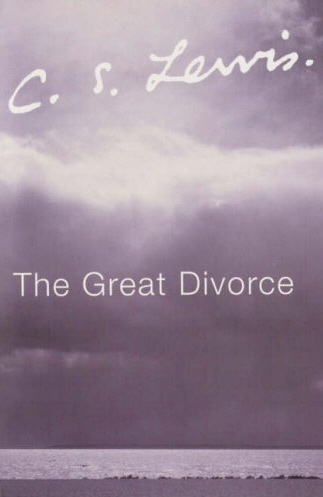Near the northernmost part of the eastern seaboard of the United States, tens of thousands of American military fly in and out on their way to tours of duty or on their way home. A tiny group of people, many elderly, are there to wish every one of them well and express the gratitude of our nation for their service and our good wishes for their safety. These are the Maine Troop Greeters. At all hours of the day and night, they are there to give a warm welcome and a friendly handshake to more than 900,000 service members (and more than 172 military dogs). An award-winning film called “The Way We Get By” tells the story of the troop greeters. Former U.S. Secretary of Defense (and former U.S. Senator from Maine) William Cohen says, it “is a moving and important film that encourages us to reflect upon the common bonds of mission and service that span generations.” It is one of the most inspiring movies of the year. The movie is playing in limited release and will be available on DVD next month.I spoke to director Aron Gaudet about making the film over a four-year period.NM: How did you come to this project?AG: One of the three subjects is my mom. She is a Maine troop greeter. NM: What is it like to make a movie about your mother?AG: It was really interesting because it made me look at her from a completely different perspective. It gave me much more of an appreciation for her, for what she chose to do in her retirement years. At first, she wasn’t really doing much of anything. She didn’t have any hobbies. And then when she started doing this, it completely changed her life. It gave her such a sense of purpose and made me even more proud of her once I followed her around and saw what she was doing. Her and the rest of the troop greeters kind of amazed and inspired me. NM: Did your mother work outside the home?AG: Yes, she worked in a nursing home as a registered nurse’s aide.NM: So at work and at home and now with the troop greeters, she has always been a caretaker.AG: She really did spend her life taking care of people and now she is still doing the same thing.It started out a short film about troop greeting and became a movie about life, about the universal things everyone goes through. This is a culture that defines people by your occupation and what you do, when you retire and you are no longer known for what you were doing, we tend to push people aside when we don’t see an immediate purpose in what they are doing. So these are people who all came to being troop greeters because they wanted at the end of their lives to do something that made a contribution.We started seeing these parallels, too, all of these people going off to war are concerned about mortality and so are the older people who are greeting them. These big life issues took shape very quickly and were very interesting to us. Things they were dealing with whether it was financial heartache or losing a spouse, those are things anyone can relate to.
The Way We Get By – Trailer from The Way We Get By on Vimeo.
I am the youngest of eight, and all the others still live in Maine. But it made me realize that even with a huge support system, everyone checking in with her, she still spends a lot of time alone. Even with a big family, you still need to find something to put yourself into and give your life purpose.NM: There were greeters during WWII who brought food for the military to the trains that were transporting them.AG: Yes, we kind of got away from that tradition with Vietnam, they came back to nothing or were treated poorly, and one of the things that inspired the WWII veterans in Maine was wanting to do better for these troops. One of our three subjects says in the film, “We don’t necessarily support why they were sent there but we do support the troops.” They put their politics aside.NM: How has this affected your mother’s life?AG: Well the movie has made them into local celebrities. But in between flights, a bunch of them will go out to lunch together or do something else and so they have become friends. And it has affected my life, too. Gita the producer and I had started dating in October of 2004 and I took her home for Christmas to meet my mom for the first time. She got a call at 2 am to meet a flight and we went with her and brought a camera. We met Bill Knight, a WWII veteran, and in the movie he tells us he has prostate cancer. That night we went was the day he was diagnosed. It was a pretty dark day for him but he was still putting other people before him and that really grabbed us. People said that producers and directors don’t always get along too well together. But our relationship grew and when we finished, I said, “We didn’t kill each other,” so I proposed and we are getting married.


